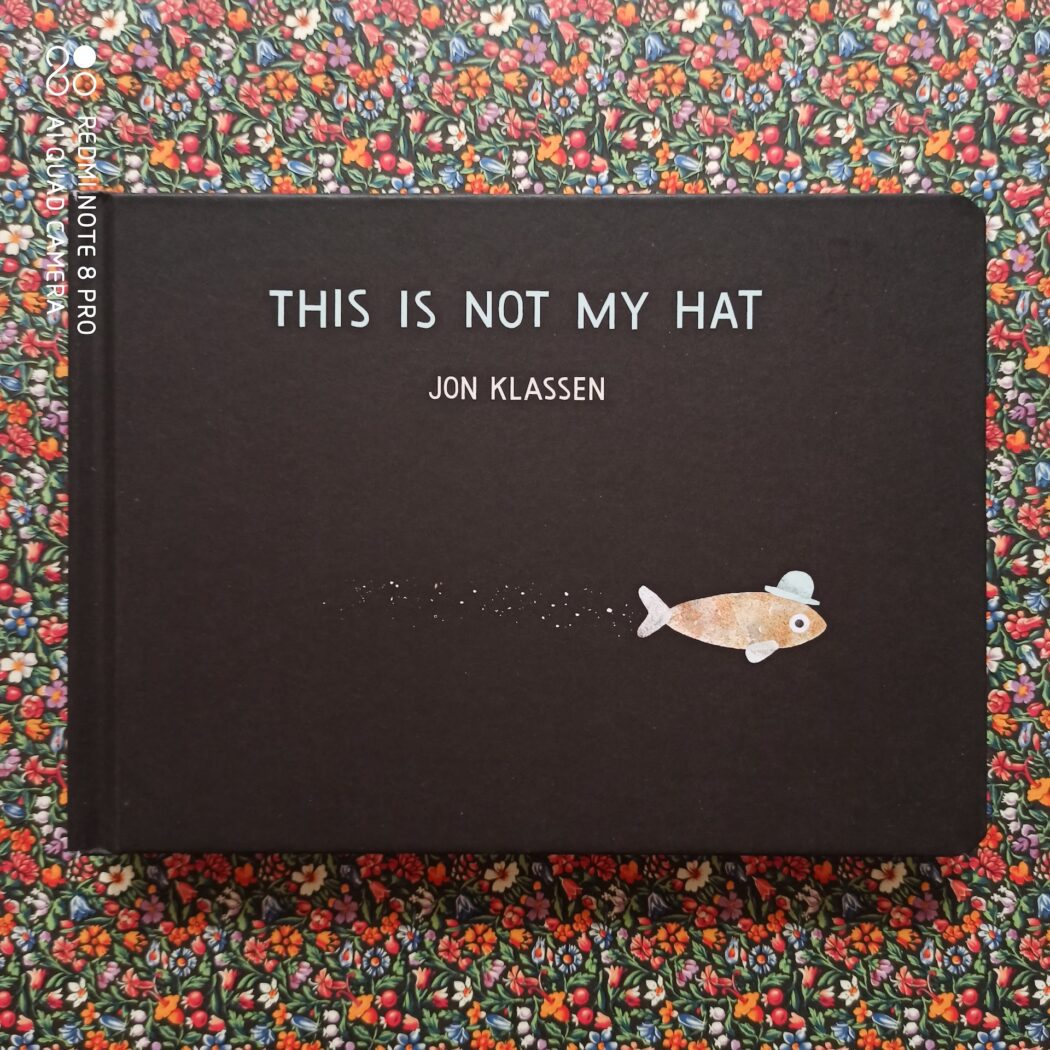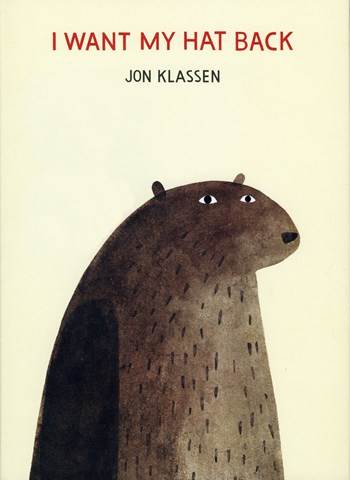

After discussing the issues relating to stealing, it is natural to then transition into questions relating to punishment, and whether the punishment of the little fish by the big fish is fair. In this way, the book could be used to get at an idea commonly held by children: “finders keepers, losers weepers.” PunishmentĪt the conclusion of the book, we are led to believe that the big fish eats the little fish and takes the hat back. They could answer that, while it was wrong for the little fish to take the hat because it was not his, it maybe would have been okay for him to take the hat if he really needed it, or if the big fish didn’t like it in the first place, or if the little fish did not realize that it belonged to anyone.

This raises the question, “why was it wrong for the little fish to take the hat?” Are there any circumstances under which it would be okay for the little fish to steal the hat? In order to facilitate this conversation, we will use alternate scenarios to guide the students along the right course: what if the little fish really needed the hat? Would that make it okay for the little fish to steal the hat? Would that even be stealing in the first place, or would he be taking what is rightly his? What if the big fish really hated the hat? What if the little fish just found the hat and didn’t know that anyone owned it? The children could take this discussion in many directions. The little fish steals a hat and decides to keep it, even though he knows that it is not his and that it is wrong to steal the hat.

Stealing is a central theme in This is Not My Hat. Finally, the book sparks questions about lying and trust because the crab, who sees the little fish and promises not to tell anyone where the little fish went, ends up telling the big fish where the little fish is. The eating of the little fish can bring up questions about the nature and severity of punishment. While it is not explicitly stated, the illustrations suggest that the big fish finds the little fish, eats the little fish, and takes back the hat. The main event in the book is a little fish stealing a big fish’s hat. This is Not My Hat by John Klassen raises philosophical questions relating to stealing, punishment, lying, and trust. Read aloud video by Buttons Tales Guidelines for Philosophical Discussion Introduction The big fish swims into the plants where the little fish is hiding and swims out wearing his hat.

But the crab points the big fish to where the little fish is hiding. A crab sees the little fish swimming into tall plants, and the crab promises he won’t tell anyone where the little fish went. The little fish thinks that he will get away with it, but the big fish wakes up and starts following him. Questions for Philosophical Discussion » Summary This is Not My Hat raises philosophical questions relating to stealing, punishment, lying, and trust.Ī little fish steals a big fish’s hat while the big fish is asleep.


 0 kommentar(er)
0 kommentar(er)
